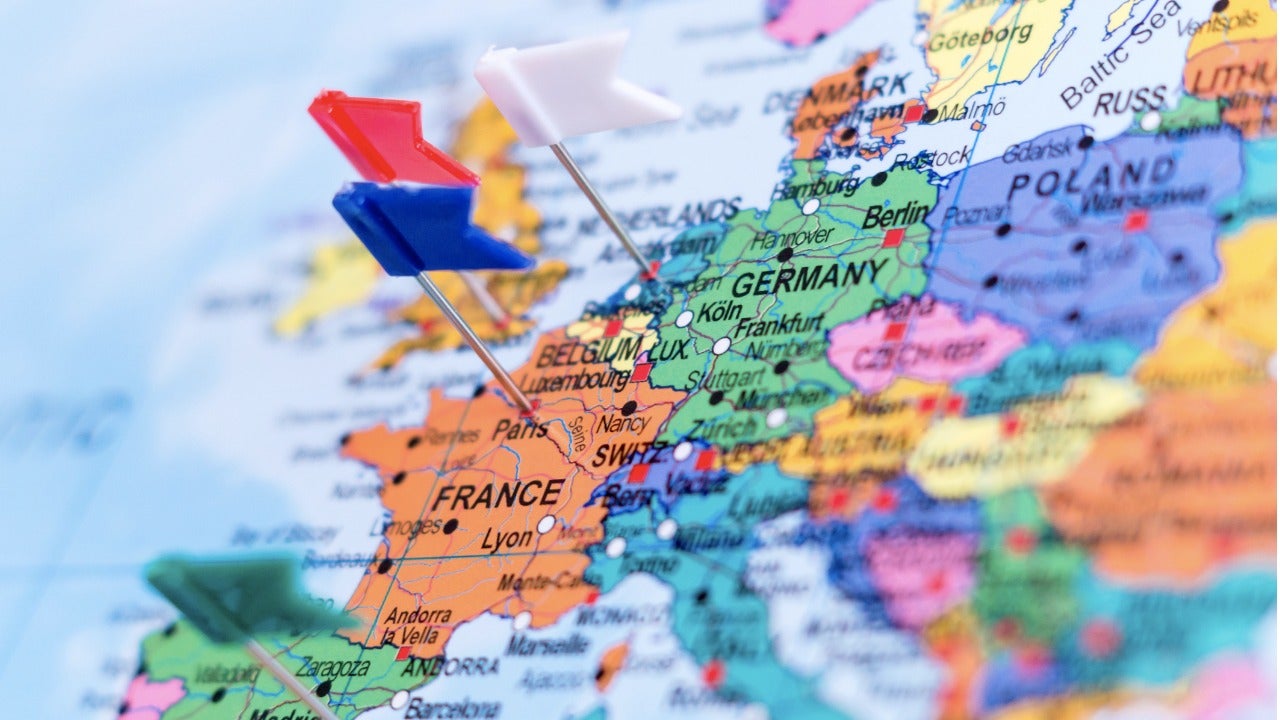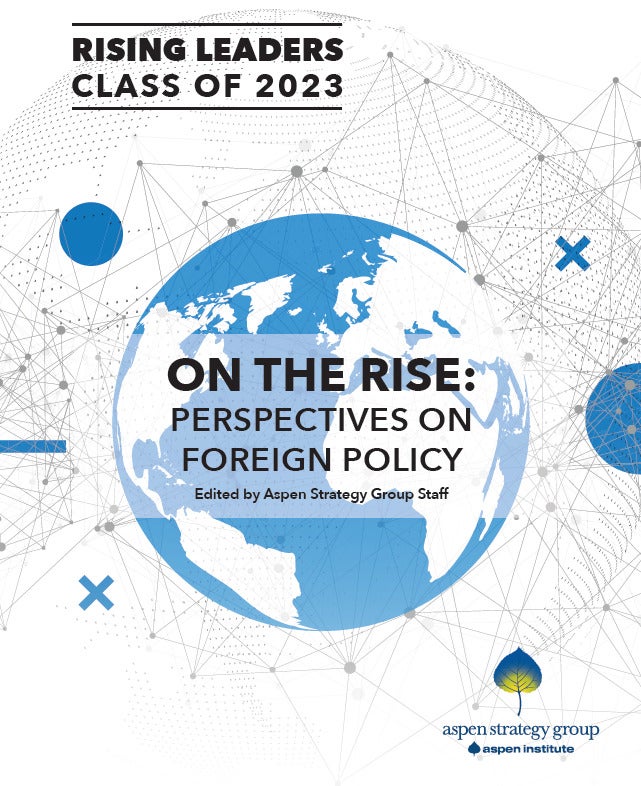John E. McLaughlin is the Distinguished Practitioner in Residence at the Johns Hopkins School of Advanced International Studies. McLaughlin served as Acting Director of Central Intelligence from July to September 2004 and as Deputy Director of Central Intelligence from October 2000 to July 2004. He was a US Army Officer in the 1960s, with service in Vietnam. He will be speaking at the Aspen Security Forum.
President Trump went to Europe this time against a backdrop of unprecedented tension and misunderstanding with our European allies. I’m mindful that many will recall other times of fractious division between the two sides of the Atlantic — such the Soviet gas pipeline dispute, the INF missile controversy, the Iraq invasion. What makes this time different, however, is the scope of the differences, the degree of personal animus involved, and the fact that most of the barbs are coming from Washington — the putative leader of the alliance. President Trump has not only criticized the allies for insufficient defense spending but has unburdened himself of reservations about the fundamental worth of the alliance. And he does this in the aftermath of having imposed tariffs on European goods and abandoned the Paris climate accord and the Iran nuclear agreement — in those latter cases over the strong objections of European partners who not only argued against his stance but tried to meet him halfway.
Sadly, conversations with Europeans make clear that the president has lost much of the confidence an American president needs to lead this large, diverse, and sometimes unruly alliance. Moreover, the effortless way in which he indulges in falsehoods leaves allies uncertain when to take him seriously. Perhaps the most devastating thing I’ve heard was from a European ambassador who told me that the “the real power of the United States has always been the power to inspire. We fear you have lost that.”
The concerns caused by this situation are both general and very specific to the NATO and EU. On a general level, this is a time when alliances and their management are more important to the United States than at any time since the end of the Cold War. Most of the problems we must deal with today are transnational and multidisciplinary — terrorism, proliferation of dangerous weapons and materials, climate change, international financial stability. While few international problems can be met without US involvement, there are today very few if any that the US can deal with alone. Most countries I’m in contact with are looking for, I would say thirsting for, US leadership. While no leader should be a pushover, leadership by bullying never succeeds.
On a more specific level, President Trump seems to have a very narrow conception of the role these allies play in US security. Perhaps as befits a former real estate developer, he seems to see it almost entirely in terms of financial contribution. The truth is that NATO, the European Union, and four of the Commonwealth nations are the ones consistently with the United States when our interests are endangered. When NATO took the decision recently to forward deploy four battalions to deter Russian adventurism in Eastern Europe, only one was led by the United States; Canada, Germany, and the UK took responsibility for the other three. When an Al Qaida off-shoot took control of northern Mali in Africa in 2013, the French with US logistical help took the lead in repelling them.
I’ve recently passed through the small country of Denmark. Danes are generally mystified and appalled by Trump’s posture, wondering if he knows that 43 Danish soldiers have given their lives in Afghanistan and another 200 plus have been wounded — all part of NATO’s voluntary invocation of NATO’s Article Five collective security obligation when our country was attacked on September 11, 2001.
As for the financial dimension, NATO countries are actually moving toward fulfilling the 2014 summit pledge to each devote two percent of their budgets to defense. Since that pledge, eight have met the goal and the remainder are aiming to get there by 2024.
Is the situation beyond retrieval? Perhaps not, but the foundation for any alliance is a degree of trust among its adherents. That is the hardest thing to establish and the hardest to recover once in question. Trump’s current circuit through Brussels, London, and Helsinki, where he is to meet Russian president Putin, will tell much about whether the US-European alliance can restore the tight bonds that have contributed so importantly to our security since World War II.
The views and opinions of the author are his own and do not necessarily reflect those of the Aspen Institute.


